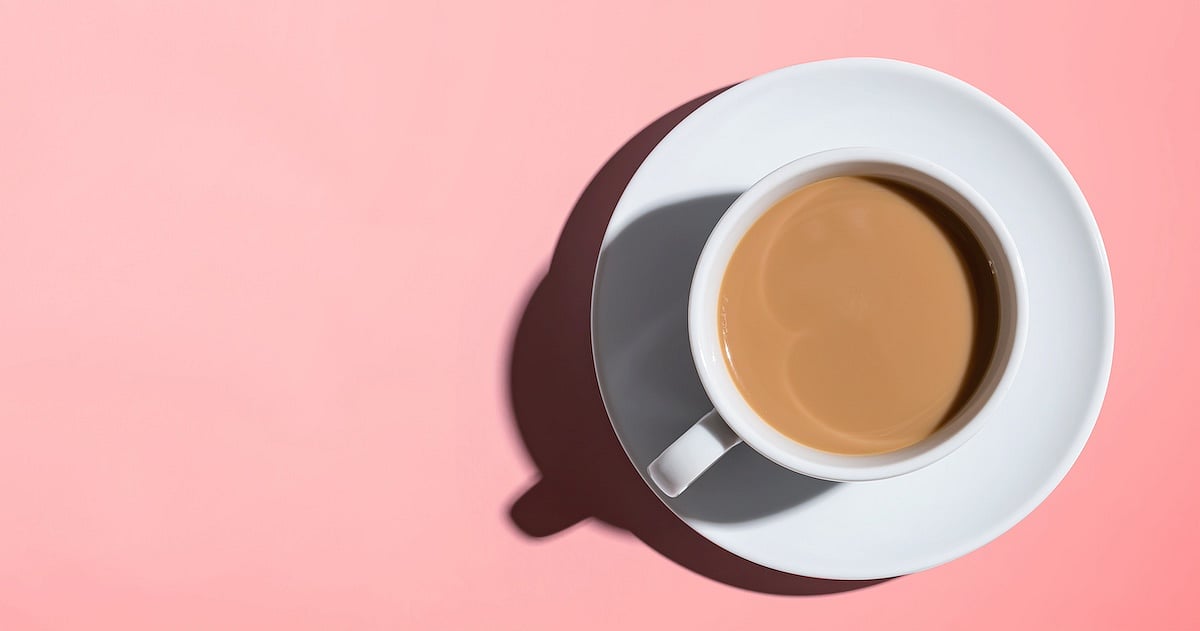Monday - Friday: 9:00 AM to 7:00 PM
Saturday: 9:00 AM to 4:00 PM
Sunday: 9:00 AM - 2:00 PM
Text or call us at (973) 483-4749, Fax (973) 482-0643, or send an e-mail to info@lisspharmacy.com(973) 483-4749, Fax (973) 482-0643, or send an e-mail to info@lisspharmacy.com. Someone from our team will get back to you as soon as possible!
Manténgase sano!

- India Edwards
- Posted February 22, 2025
Coffee Leads U.S. Caffeine Intake as Tea Declines
Turns out, Americans may be drinking less coffee, soda and tea, but they’re getting more caffeine than ever.
A new study of more than 49,000 U.S. adults found that while fewer are sipping caffeinated drinks, those who do are choosing much stronger doses, with coffee taking the lead.
The result? Caffeine intake is rising, even though the average consumption is still below 400 milligrams of caffeine per day. That's the amount health experts consider safe.
“We are all aware that the caffeinated beverage market has changed dramatically over the past 10 years, yet no comparable, comprehensive caffeine intake data have been published in recent years," study author Diane Mitchell of the Institute for Advancing Health through Agriculture, Texas A&M AgriLife, said in a news release.
Coffee now accounts for 70% of total caffeine consumption, up 15% from the previous 2010-2011 survey, Mitchell's team reported.
What's more, carbonated soft drinks now contribute only 15% of caffeine intake, a 27% decrease from a decade ago.
Tea consumption has also dropped significantly, with 50% fewer tea drinkers overall.
However, the remaining tea drinkers nearly doubled their caffeine intake from tea, suggesting those who stuck with the beverage are, in fact, drinking more.
Energy drinks, which were less common a decade ago, now account for 6% of total caffeine intake, as the number of available brands has jumped from 559 to 970.
Despite these shifts, average caffeine intake remains below the federal government's recommended limit of 400 milligrams per day -- about two to three 12-ounce cups of coffee.
“With a constantly evolving market of caffeinated beverages and the potential impact it has on beverage consumption patterns, continued monitoring of caffeine intakes is warranted," the authors concluded.
More information
The Mayo Clinic has more on the recommended caffeine intake.
SOURCES: Institute for the Advancement of Food and Nutrition Sciences, news release, Jan. 15, 2025; Food and Chemical Toxicology, February 2025









